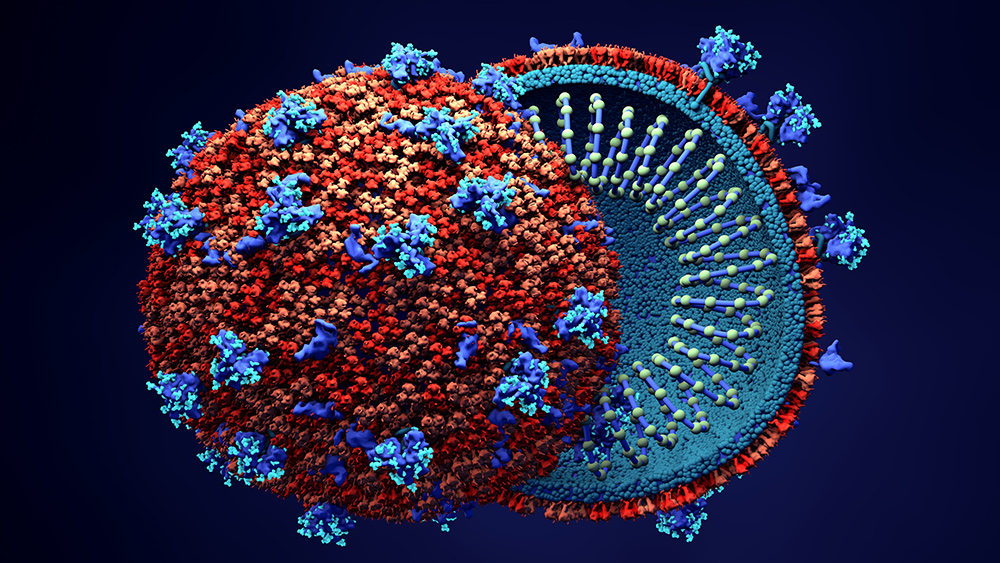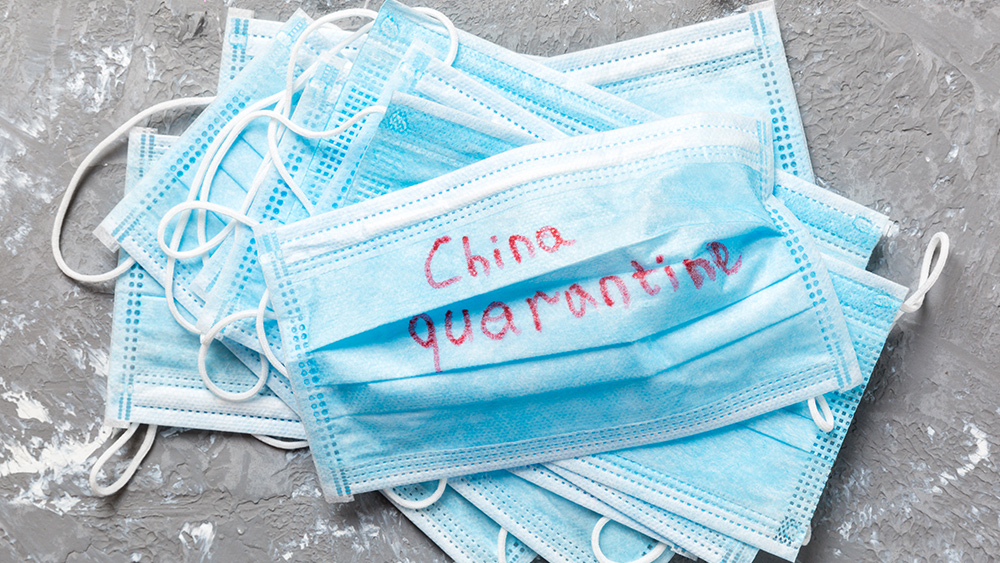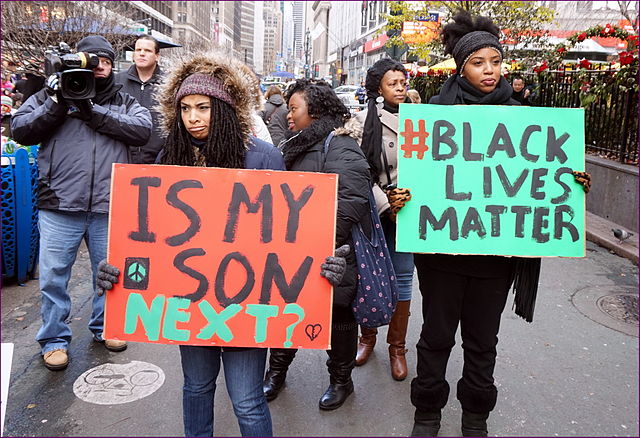Grand jury indicts Harvard professor for lying about receiving funding from communist China
06/11/2020 / By Franz Walker

A grand jury indicted the former chair of the Harvard University department of chemistry Tuesday on charges of making false statements about funding he received from China.
On June 9, Lieber was indicted by a federal grand jury for two counts of making false statements to federal authorities. The Department of Justice (DOJ) had initially charged Charles Lieber with lying to government officials for lying about his participation in the China-backed Thousand Talents recruitment program back in January. However, actually indicting him took months as grand jury proceedings throughout the country had been stalled by the Wuhan coronavirus.
Lieber had ties with Wuhan university
The charging documents state that Lieber had a relationship with the Wuhan University of Technology (WUT) while he was still chair of Harvard’s chemistry department.
Authorities have also alleged that Lieber lied when he was asked by Department of Defense (DOD) investigators about his relationship with WUT. In addition, he had also been accused of lying to Harvard, causing the university to share bad information with the National Institutes of Health (NIH) about his affiliation.
Both the DOD and the NIH had provided Lieber with funding. In both instances, he had denied being involved with China’s Thousand Talents plan. Disclosure of foreign collaboration and funding is required when receiving federal funding.
The Thousand Talents program aims to draw top experts from around the world to work on projects in China. It has drawn scrutiny from U.S. officials who claim that it facilitates the transfer of American intellectual property to China.
The charging papers allege that Lieber, a specialist in nanoscience, had been participating in the plan for years while continuing to work on sensitive U.S. research.
Lieber lied about China funding even while working on US projects
According to court documents, Lieber began working with the WUT as a “strategic scientist” in 2011. From 2012 to 2018, he was involved with the Thousand Talents program as a contractual participant.
As part of his contract, the WUT paid Lieber a monthly salary of $50,000 on top of up to 1 million yuan ($158,000 at the time) in living expenses for up to three years. In exchange, Lieber would work for WUT for at least nine months per year by applying for patents and publishing research for WUT, conducting international cooperation projects as well as mentoring students and teachers.
Lieber signed an agreement for a five-year “cooperative research program” in 2013, supposedly in Harvard’s behalf, that would allow WUT researchers to visit his chemistry department for two months, the court documents state. The agreement’s objective was to foster advanced research on nanowire-based lithium-ion batteries for use in electric vehicles.
In addition, Lieber also received $1.5 million for establishing a joint research lab at WUT using Harvard’s name and logo — without the school’s knowledge.
Harvard representatives stated that Lieber did not have the authority to enter into these agreements. In addition, they stated that Lieber had lied to them, and said that WUT acted without consent when they used the university’s logos. (Related: Serial sex offender Jeffrey Epstein had extensive ties to Harvard University, review notes.)
Lieber denied any engagement with the Thousand Talents program when DOD investigators question him about his foreign research disclosure in early 2018. Back then, he claimed he was never asked to join the program but said that “wasn’t sure” how China categorized him. Later that year, he caused Harvard to tell NIH investigators that he had “no formal association with WUT,” and that he was not a participant in the Chinese recruitment program.
Should the accusations be proven, Lieber faces up to five years in prison and a fine of $250,000 for each count of making false statements.
Lieber’s case is part of DOJ initiative to catch Chinese espionage
Lieber’s case is one of the highest-profile cases in the Justice Department’s nationwide China Initiative. This project is designed to counter Chinese efforts to spy on the U.S. and has homed in on academics who fail to disclose Chinese funding when applying for U.S. government grants.
Justice Department officials argue that the Chinese government co-opts these American academics to advance its own interests. However, some critics have stated that these investigations have turned professors into criminals for making clerical errors.
Earlier this year, Andrew Lelling — the U.S. Attorney supervising Lieber’s prosecution — said that his office was working to build closer relationships within the academic community. This has resulted in the universities themselves helping report possible cases.
“You get leads sometimes from the universities themselves, if they have a good working relationship with us and with the FBI,” he said in an interview with Politico. “A big component of the China Initiative is outreach.”
Lelling compared the department’s efforts with the outreach it conducted to Muslim-American communities after the Sept. 11 attacks. He says that it lets academia know that people in the government aren’t “jackbooted thugs” and that they actually do try to “take a nuanced approach.” It also makes universities and other entities they’re talking to are “a little more willing to pick up the phone next time and tell you if they’re aware of a problem.”
Sources include:
Tagged Under: case, China, China Initiative, corruption, court, Department of Justice, DOJ, espionage, fraud, Harvard, indictment, legal, lies, nationan institutes of health, NIH, Thousand Talents, treason, Wuhan, Wuhan University of Technology



















